The potential for various violation of individual rights looms large in the issues of government storage, use and sharing of newborn DNA with corporate and other researchers. At stake are human rights, Fourth Amendment rights, privacy rights, parent rights, DNA property rights, human subject rights and patient rights.
Research using baby DNA includes, but is not limited to, the development of additional newborn screening tests (test development), research into newborn and adult-onset medical conditions, the impact of environmental pollutants, and analysis of genetic variation in the human population.
Parents find research on their children without their consent to be highly objectionable, according to research reported by Dr. Sharon Kardia at the September 2009 forum on dried blood spots and privacy:
“You’ll see over and over again that research use should require explicit informed consent, even if the bloodspots are deidentified, that 80 percent supported the option for consent or to limit the kinds of research for which blood spots could be used, and that the goals of the research or consent for research are necessarily related….”
“They’ll say, OK, I don’t mind if you ask me, if you tell me what it’s going to be used for, if I know it’s going to benefit people, if you make the research transparent so I can know and be associated with that research finding, like my child did something good. I’ve done something good. If you keep me informed when you use it….”
“So, my conclusion is that we’re in serious need of community awareness building and that in Michigan, I’ve warned our department of health that I think we’re sitting on a ticking time bomb with our own biotrust that was launched in June of 2009. I think it’s also time for us to explore seriously the potential for online dynamic interactive systems of information flow between people, researchers and government and that includes consent in real time…”
“And I think we have a serious image problem as researchers. They associate us with the government. They do not make a distinction. I could be the FBI….”
Research is not and never should be considered an obligation of existing on planet earth. Not all research is good. Some research would be considered downright objectionable to everyone, or to an individual or to a group of people.
The Navajo tribe has made genetic research illegal, according to comments made at the December 2009 forum.
Deidentification/Anonymization of Samples
State health departments and other organizations and corporations supportive of research using newborn DNA often claim that de-identification or anonymization of the newborn’s blood specimen is sufficient to warrant research without parent consent. It is essential that individuals and parents first realize that de-identifcation is not anonymization. Then parents must realize what researchers and privacy experts know: anonymization is not possible.
Dr. Fleischmann describes de-identification at the September 2009 forum, showing clearly that the specimen is still quite identifiable:
“We can also de-identify blood spots, separate them from their identifiers, but code them and have a master code that can be held by what some call an honest broker, a person who could break the code in a very specific or critical need occurred, if something that we needed to know or if we wanted to talk to a family about something that’s been learned, we could relink. But the researcher would not have that code, would not have that ability to re-link. Those samples would be truly de-identified.”
Dr. Fleischmann also discusses anonymization as an option, saying, “We can make blood spots truly anonymous. That is to say, we can separate the blood from all identifiers and maintain no possibility of re-linkage. This would result in absolutely no risk to any individual or family.” However, Ann Cavoukian, Ph.D, Information & Privacy Commissioner of Ontario, noted in a 2005 presentation on genetic privacy:
Others concur. Steven Hirschfield, MD, Ph.D, from the National Institute of Child Health and Human Development at the National Institutes of Health, in a PowerPoint for a May 10, 2007 presentation at the Newborn Screening and Genetic Testing Symposium of the Association of Public Health Laboratories, wrote,
“Genomic data is the ultimate identifier: what is not identifiable now is plausible to be so in the future.”
Even if the blood spots could be fully anonymized and never reidentified, parents have a right to protect their children’s privacy and DNA property rights, as well as the child’s right to not become a subject of research. They also have the right to refuse to have their child participate in research where the findings may be used in a manner contrary to their belief system. In addition, due to the hereditary nature of human genetics, genetic research on the child also reveals a certain amount of genetic information on the parents of the child. Thus, parents also have a right to not become subjects of research through research on their children.
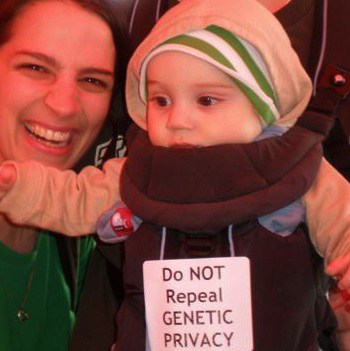

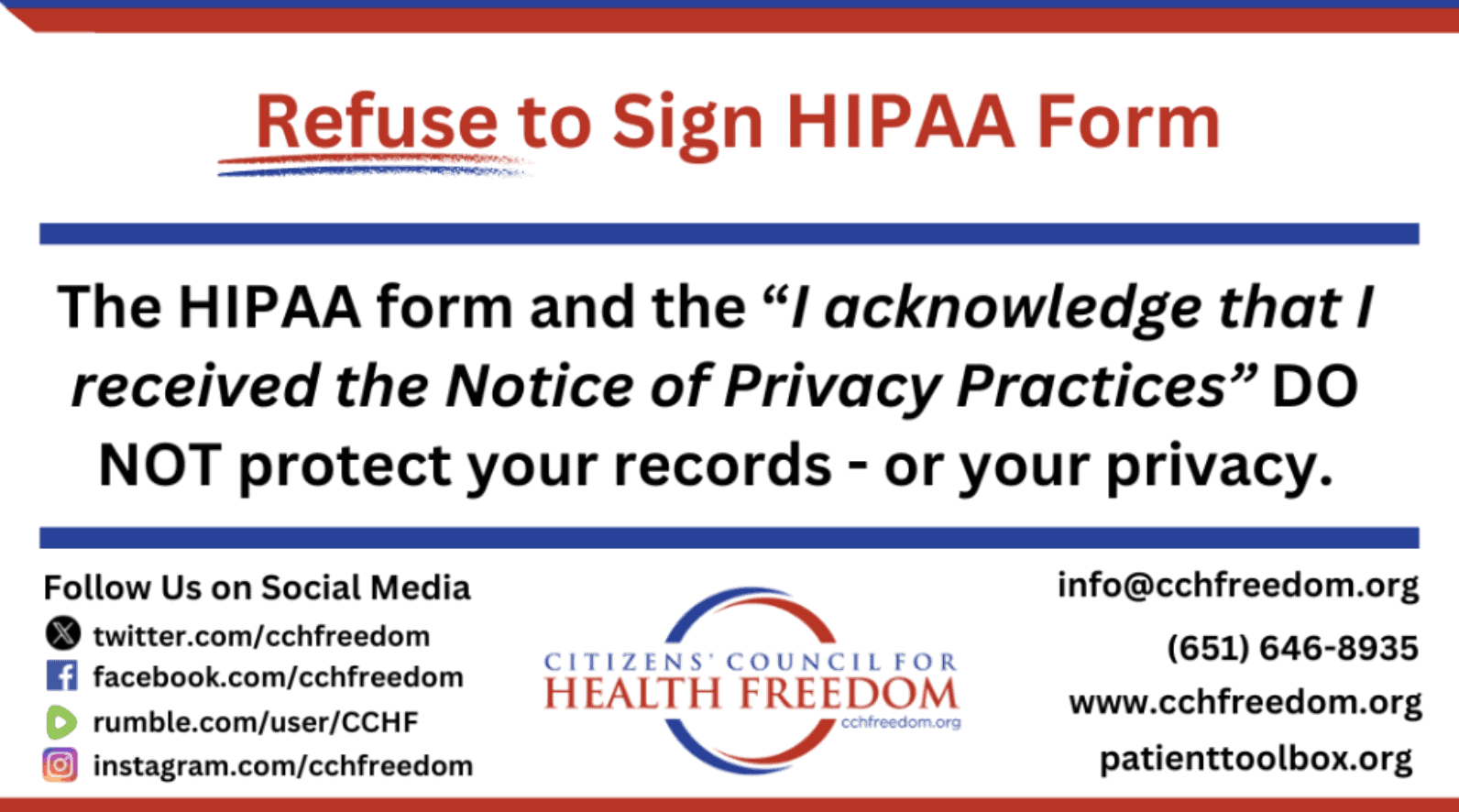

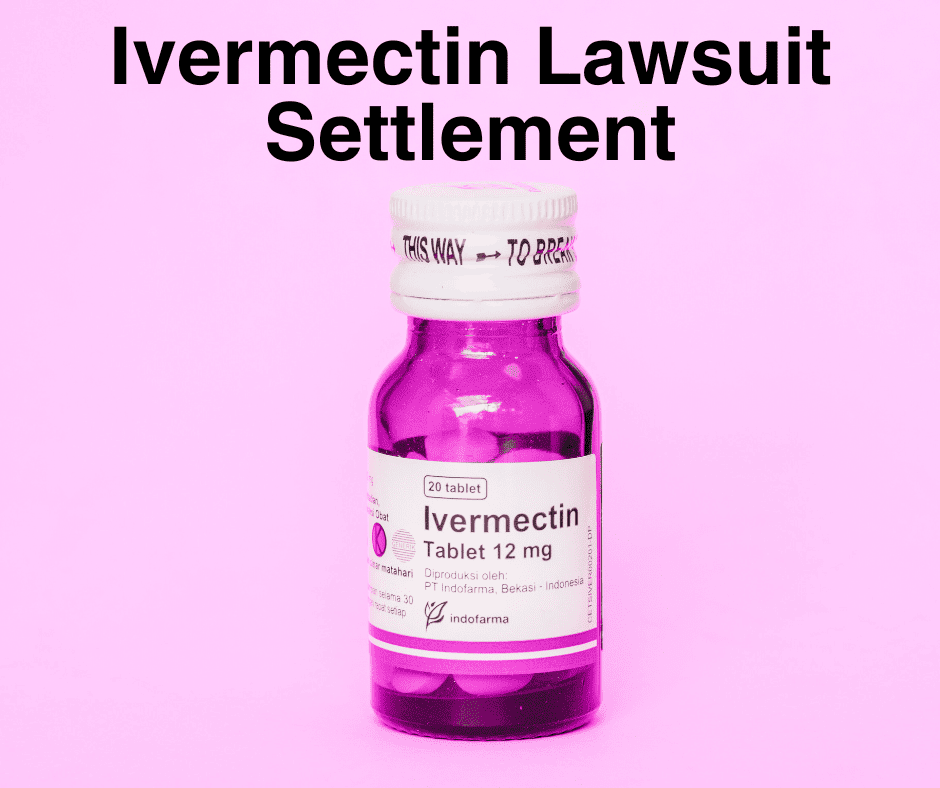


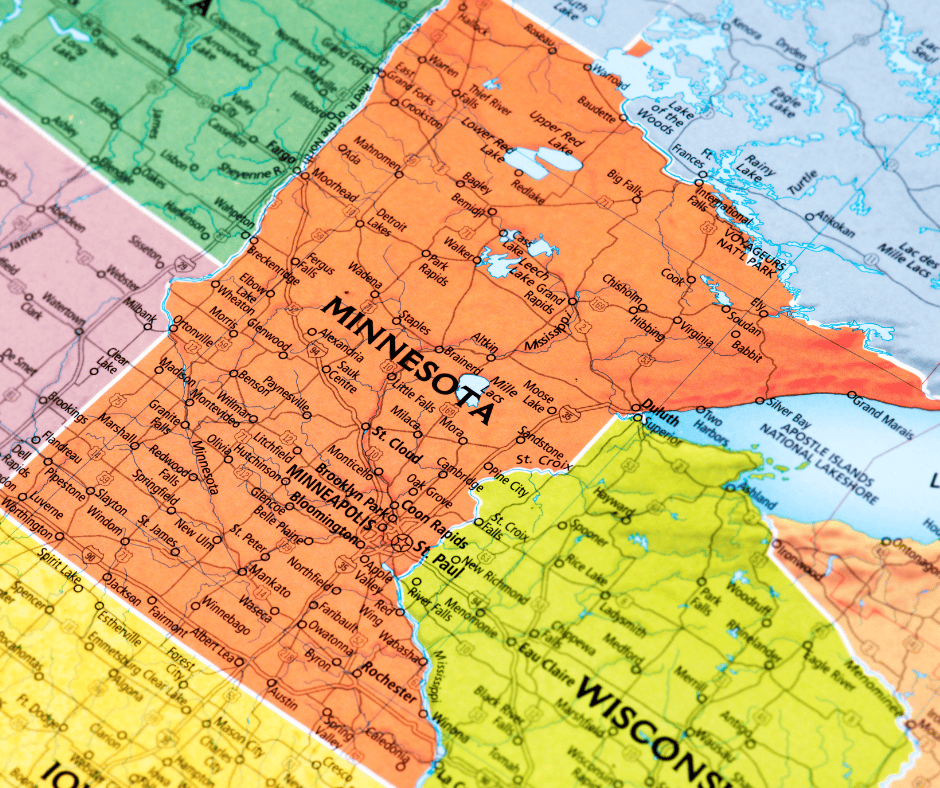
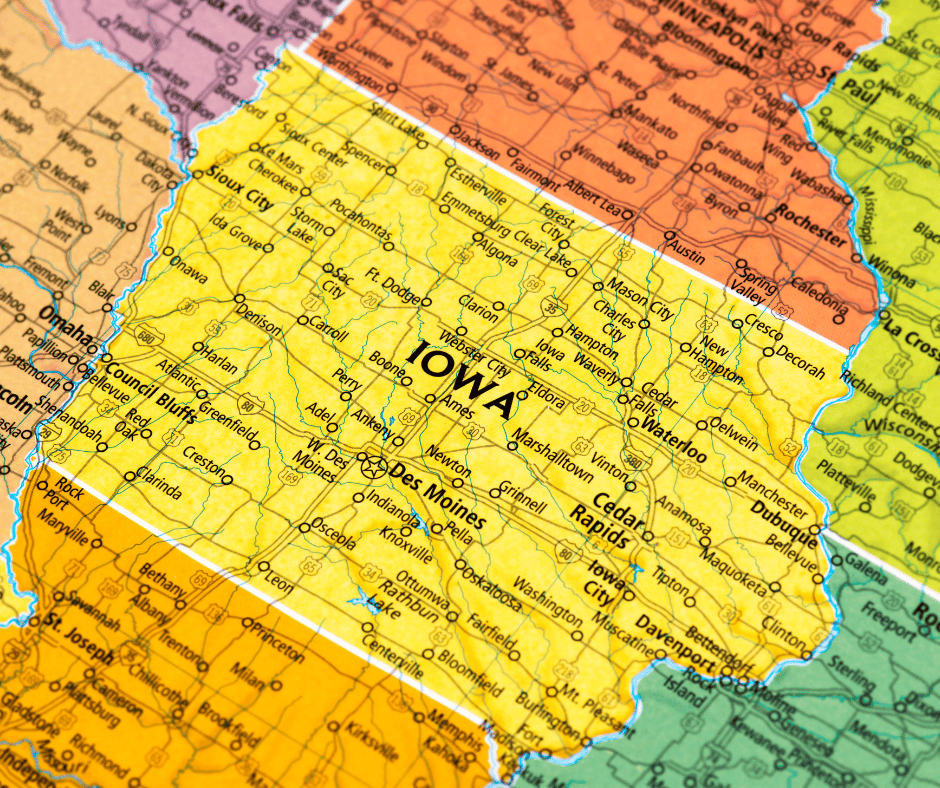
April is “Truth About HIPAA” Month!